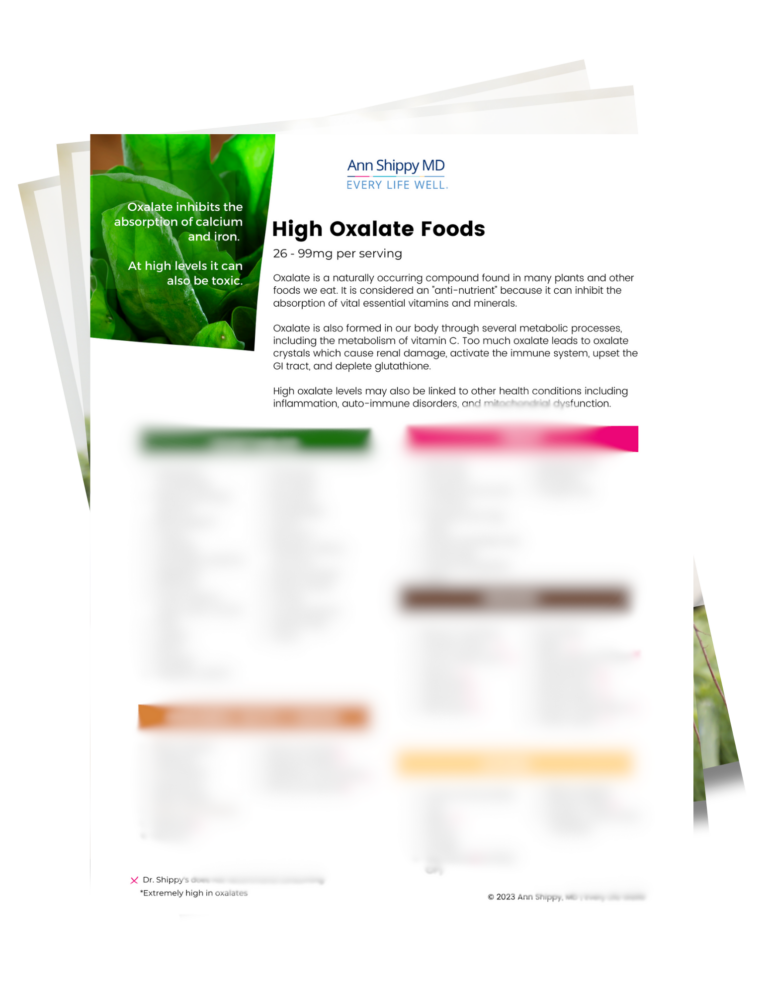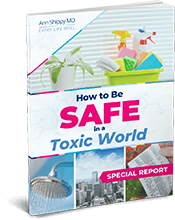
Are Oxalates Impacting Your Health?
What are oxalates?
Examined closely, oxalates resemble miniature glass shards or small razor blades. Their role? Safeguarding plants against pests/insects. When consumed by humans these compounds can form crystals, potentially leading to various health issues:
Kidney stones – most kidney stones are calcium oxalate, formed by the combination of calcium and oxalate in the kidneys.
Hyperoxaluria – excessive oxalates in the body that might trigger kidney stones or related complications. Hinders calcium absorption, potentially impacting bone health, and raising the risk of osteoporosis.
Gastrointestinal issues abdominal pain, diarrhea and constipation. Poor gut health may contribute to increased oxalate absorption.
Joint pain – if deposition of oxalate crystals is in synovial fluid or connective tissue.
Chronic UTIs, interstitial cystitis or kidney infections.
And other symptoms including strange rashes, frequently cloudy or hazy urine, vulvar pain in women, recurring fungal infections, gum problems, sore eyes / poor vision, brain fog and fatigue.
Individual sensitivity to oxalates varies. If you suspect oxalates could be impacting your health, speak with your healthcare professional.
To learn more, read my blog,
High Oxalate Food List - PDF
Are high oxalate foods impacting your health? Download my oxalate food list here.
Ann Shippy MD | The information on this website does not constitute medical advice.








